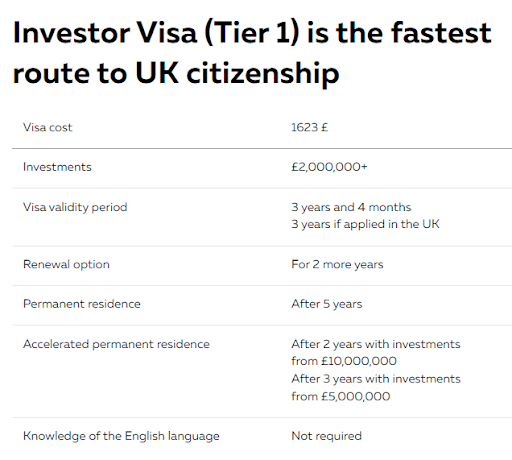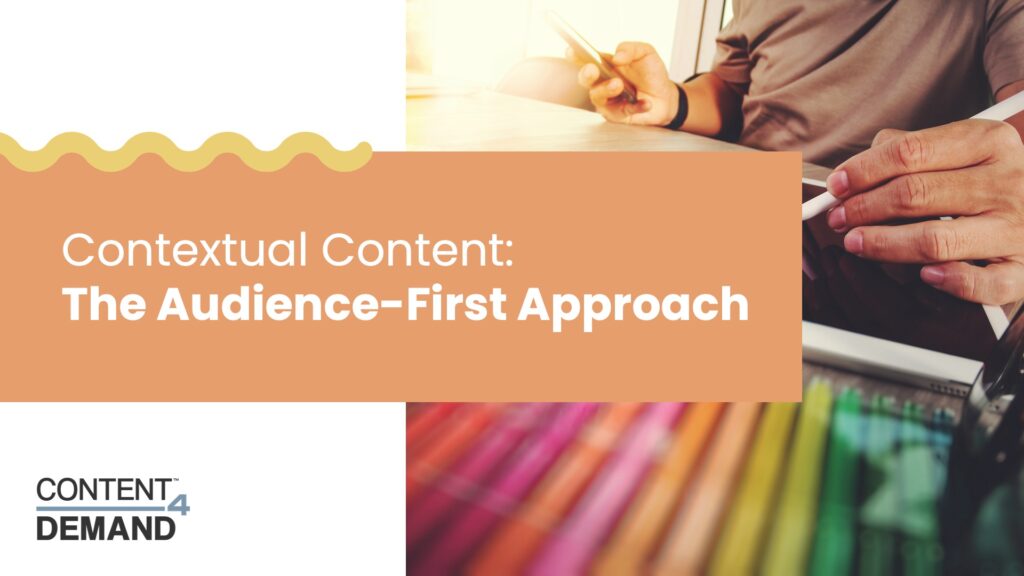We recently surveyed 265 B2B marketers. The takeaway seems to be that marketers are curious about AI, but they are moving ahead cautiously. The post The Benefits and Drawbacks of AI-Assisted Content Creation appeared first on Content4Demand.
We recently surveyed 265 B2B marketers. When asked about how they plan to use artificial intelligence (AI), no more than a third said they plan to use AI for any single aspect of content creation. The takeaway? Marketers are curious about AI, but they are moving ahead cautiously. Wise marketers!
Q: For which of the following do you plan to use AI-powered tools?
(Check all that apply.)

If you are a marketer who is thinking about using AI to create content, generative AI tools like ChatGPT (and the hundreds of others entering the market) hold huge potential to help you and your team do your jobs better and faster. At the same time, you need to be aware of the downside.
Read on for an overview of some of the biggest benefits and the biggest drawbacks to be aware of when using generative AI tools.
The Upside of AI
AI technology can help you be more productive:
…and the Drawbacks
While the potential is great, watch for these downsides:
AI technology can pose significant security and ownership risks to your company’s confidential or proprietary data. For instance, if an employee or anyone else enters your company’s confidential or proprietary information into an AI tool to perform a task, that information may then be available for anyone to see who uses that same tool. Or worse, depending on an AI company’s policy, that information could be used to train future versions of the AI solution and/or potentially become the property of the AI company. Samsung learned this lesson the hard way when some of its employees entered the company’s source code into ChatGPT to complete certain tasks. That source code is now in OpenAI’s hands, and there isn’t any way for Samsung to get it back.
To prevent this from happening, organizations need to create and implement a formal policy for their employees, contractors, and freelancers about using AI. [Note: Content4Demand’s policy is that our employees, contractors and freelancers are not allowed to enter any of our agency’s or our client’s confidential or proprietary data into any AI solution. Right now, we only use AI technology for background activities such as brainstorming, research, and so on.]
Lack of ownership of content. Right now, U.S. copyright and intellectual property laws only protect creations by human beings. The laws don’t protect content created by AI since non-humans can’t hold a copyright. Potential copyright infringement. Content and copy written using AI technology that was trained with information scraped from the internet can potentially open an organization up to copyright infringement and plagiarism claims. Generating content with AI can potentially affect your company’s ranking on Google. While appropriately using AI technology to create content isn’t against Google’s guidelines, Google’s policy is that “Using automation—including AI—to generate content with the primary purpose of manipulating ranking in search results is a violation of [Google’s] spam policies.” Instead, Google’s ranking system rewards original, high-quality people-first content that meets the qualities of E-E-A-T: expertise, experience, authoritativeness and trustworthiness. (The exact kind of content you want to create anyway.) AI doesn’t produce new or original ideas. AI is simply technology that has been programmed with data and trained to perform certain tasks. While AI can analyze large amounts of data and identify patterns in that data, it can’t generate new ideas. It only follows the instructions it is given. It also can’t look at problems from different angles and make connections between unrelated ideas or data to come up with new ideas and solutions. Content and copy written by AI lacks human emotion, a crucial element buyers crave whether in the B2C or B2B world. AI-generated content still requires human oversight and adjustment. AI technology doesn’t always provide accurate and reliable information. Sometimes AI even hallucinates and returns false or fictional information. For example, two attorneys recently used ChatGPT to do research for a court filing and cited past court cases that they thought were real but found out later that ChatGPT made up. A few people have shared stories on social media about how they asked ChatGPT for information about themselves only to discover they were supposedly dead with phony information about the date they died and their burial location.To sum it up, AI technology can be an incredibly valuable tool to help marketers create content when it’s used in appropriate ways. But it’s crucial to be aware of the potential risks, drawbacks, and limitations involved.
You can also view the complete research report, “B2B Marketing in a Fast-Changing World.”
The post The Benefits and Drawbacks of AI-Assisted Content Creation appeared first on Content4Demand.









